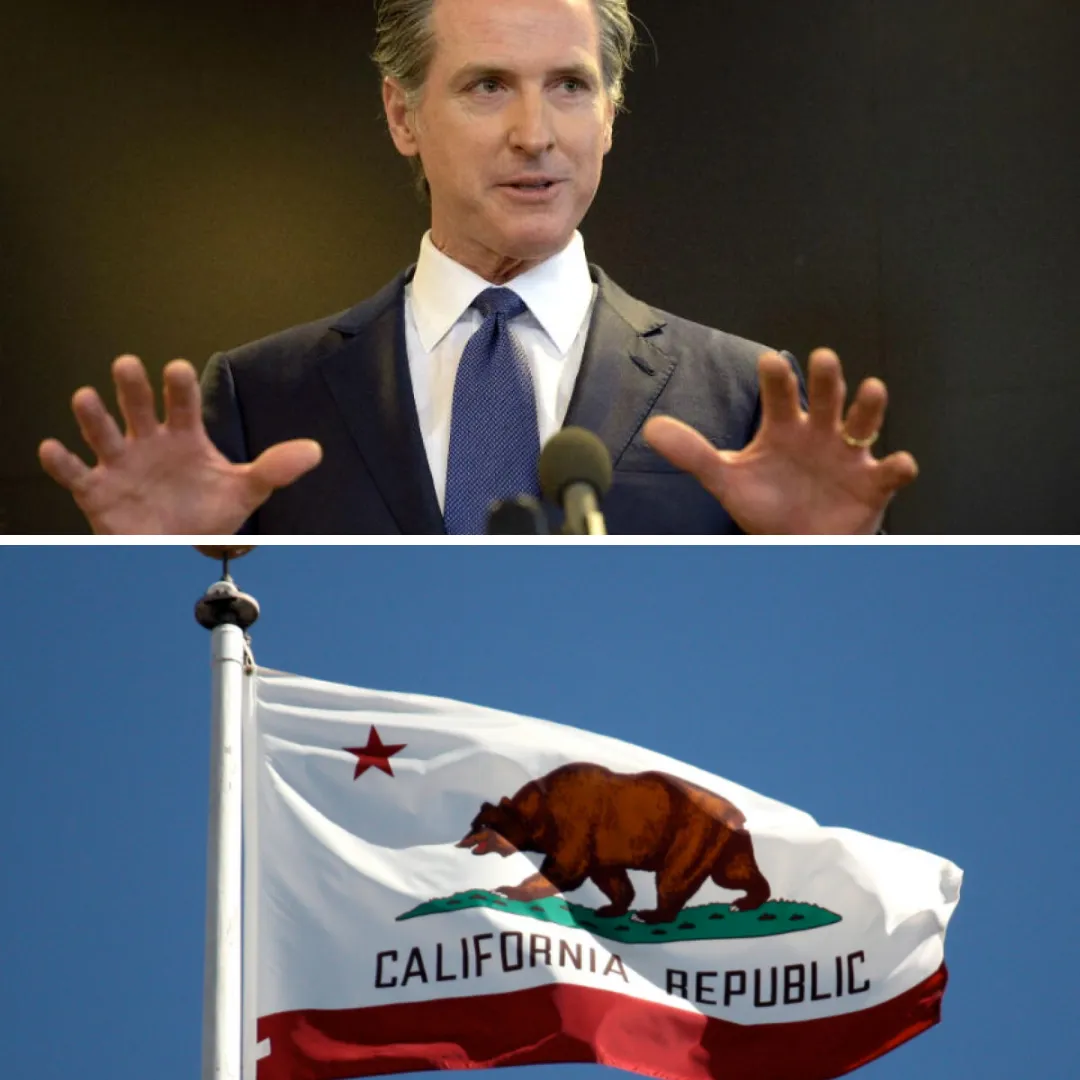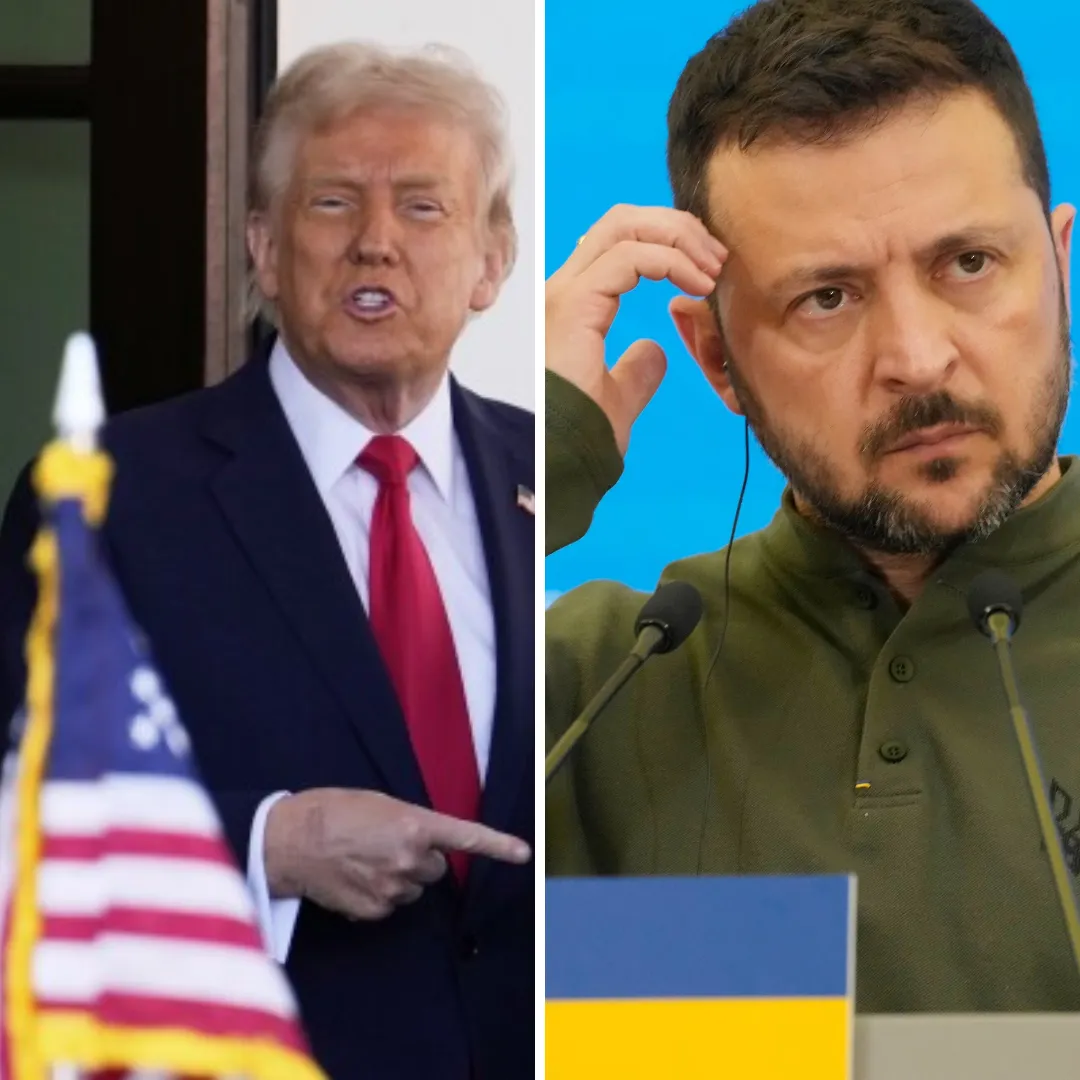
Supporters of former President Donald Trump reacted with anger and disbelief over the weekend following a stunning 7 to 2 decision from the Supreme Court that temporarily halted the administration’s latest efforts to deport a group of Venezuelan men from Texas.
The ruling, which caught many by surprise, allows an ongoing lawsuit from the American Civil Liberties Union to proceed before the government can continue deportations tied to the administration’s recent invocation of the centuries-old Alien Enemies Act.
The Supreme Court’s decision marked a significant moment of tension between Trump’s loyal base and the very judicial body that many had celebrated as a conservative stronghold.
Particularly jarring for Trump allies was the fact that three of the justices appointed by Trump himself—Brett Kavanaugh, Neil Gorsuch, and Amy Coney Barrett—sided against the administration in the case, effectively suspending deportations that critics say were carried out without due process.
The deportation plan relied heavily on the Alien Enemies Act, a law dating back to 1798, originally intended for use during wartime. The Trump administration had argued that it had the authority to invoke the statute amid what it described as a national security crisis tied to illegal immigration.
However, civil rights groups, including the ACLU, challenged the move in federal court, citing due process violations and a lack of proper legal notice to the affected individuals, many of whom were allegedly issued deportation orders in English only, despite limited English proficiency.
The Supreme Court’s decision to pause the deportations while the lawsuit proceeds has ignited fierce criticism among prominent figures in the Trump orbit.
Many took to social media platforms to vent their frustration, declaring war not only on the Supreme Court but also on the broader American legal system, which they now view as an obstacle to their immigration agenda.
“ Generations of lawyers and judges, on both sides of the aisle, have been infected with a parasitical ideology that denies reason and common sense, ” wrote Paul Ingrassia, the Trump-appointed Department of Homeland Security liaison, on the platform X.

He continued his criticism, writing, “ The Supreme Court would rather actively participate in America’s ruination, rather than work alongside the duly elected president to help reestablish the RULE OF LAW. ”
This language was echoed by other Trump administration figures, including White House Deputy Chief of Staff for Policy and Homeland Security Stephen Miller.
Known for his hardline stance on immigration, Miller expressed disdain for what he framed as an overreach by the judiciary in favor of foreign nationals.
“ We live in a society where foreign alien terrorists have unlimited free legal representation, ” Miller posted. “ But Americans whose communities have been stolen from them are left without recourse. ”
Karoline Leavitt, the White House press secretary, offered a similar sentiment. “ We are confident we will ultimately prevail against the onslaught of meritless litigation brought by radical activists who care more about the rights of these terrorist aliens than those of the American people, ” she said in a public post.
The frustration extended into the realm of right-wing legal activism, with Judicial Watch President Tom Fitton suggesting drastic constitutional measures.
“ Suspend habeas corpus if necessary to reverse the Biden invasion, ” Fitton said, referencing the legal doctrine that protects individuals from unlawful detention.
Representative Mary Miller of Illinois amplified those concerns with her own remarks. Sharing a television clip of Stephen Miller, she blamed open borders for what she described as the collapse of public services, including education.
“ Who will compensate the American people for the lasting damage caused by mass illegal migration? ” she wrote, repeating the administration’s call for financial redress in the form of so-called reparations for citizens harmed by immigration policy.

The Supreme Court’s ruling has created political shockwaves in the broader conservative movement, particularly among those who viewed Trump’s judicial appointments as a bulwark against progressive legal challenges.
The perception that even a Trump-shaped Court cannot be counted on to uphold the administration’s policies has rattled many and led to renewed calls for more aggressive measures, both inside and outside the court system.
Legal analysts note that the use of the Alien Enemies Act to justify mass deportations without individualized hearings is unprecedented in modern American law.
Critics have described the move as a test case for a broader push to erode legal protections for non-citizens, especially those who are politically active or belong to marginalized communities.
The individuals at the center of the current case are reportedly Venezuelan nationals, some of whom are accused of gang affiliation with the Tren de Aragua, a criminal organization based in Venezuela that has gained international notoriety.
However, the ACLU and other advocacy groups argue that these allegations have not been substantiated in court and that the government’s attempt to deport individuals en masse without proper notice is a violation of constitutional rights.
The government has not provided detailed justification for how these individuals were selected for deportation under the Alien Enemies Act. In its emergency motion to the Supreme Court, Solicitor General D. John Sauer argued that the ACLU had improperly bypassed lower courts in bringing the case directly to the high court.
However, the motion notably did not contest the core facts presented in the ACLU’s complaint, including allegations that detainees had been loaded onto buses and were being deported with minimal notice, in some cases only in English.

The case remains paused as the Supreme Court considers the full implications of the administration’s use of a 226-year-old law.
The temporary halt means the individuals targeted for deportation remain in the U.S. for now, pending further legal proceedings.
Political fallout from the ruling continues to unfold. The Trump administration has repeatedly framed the current immigration crisis as a national emergency, often linking it to broader cultural and security concerns.
The Supreme Court’s intervention has now complicated that narrative and injected uncertainty into the administration’s plans to accelerate removals.
White House officials say they will continue to pursue every legal avenue to reinstate the deportations and claim that any delay only emboldens what they describe as bad actors seeking to manipulate the legal system.
“ This is not about compassion. It’s about control, ” one senior administration official said. “ And the courts are interfering with the president’s duty to protect the nation. ”
Opponents of the administration see it differently. To them, the Supreme Court’s ruling represents a critical moment of resistance, a sign that the judiciary is still capable of checking executive overreach.
Immigration advocates argue that legal process must be upheld, especially when people’s lives are on the line.
“ These are real human beings who have rights, no matter what the administration says, ” said an attorney with the ACLU involved in the case. “ The Constitution doesn’t disappear just because someone is not a citizen. ”

The broader implications of the case could influence future legal battles over immigration, executive power, and civil liberties.
With the administration vowing to continue its crackdown and the courts increasingly being asked to step in, the country is likely to see more clashes between these branches of government in the months ahead.
As the legal drama plays out, public opinion remains sharply divided. While Trump supporters call for faster and more aggressive deportations, critics point to a growing list of cases in which the administration’s approach has been rejected or scaled back by the courts.
Whether this ruling becomes a turning point or just another flashpoint in a larger political struggle is still unclear.
What is clear, however, is that the legal system has once again asserted itself, at least temporarily, against a presidency determined to reshape American immigration policy through executive authority alone.

For now, the Supreme Court has signaled that even under immense political pressure, there are still limits to how far the government can go. Whether those limits will hold remains one of the defining questions of this presidency.
-(1600-x-2000-px)-(1080-x-1080-px)-1746423587-q80.webp)


